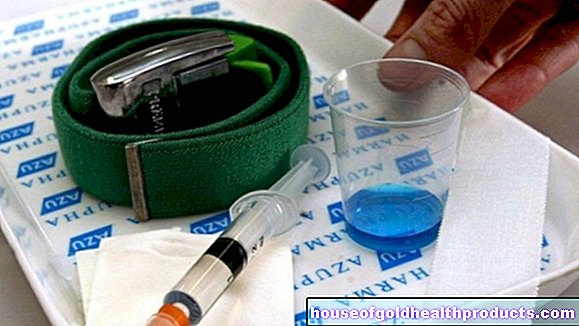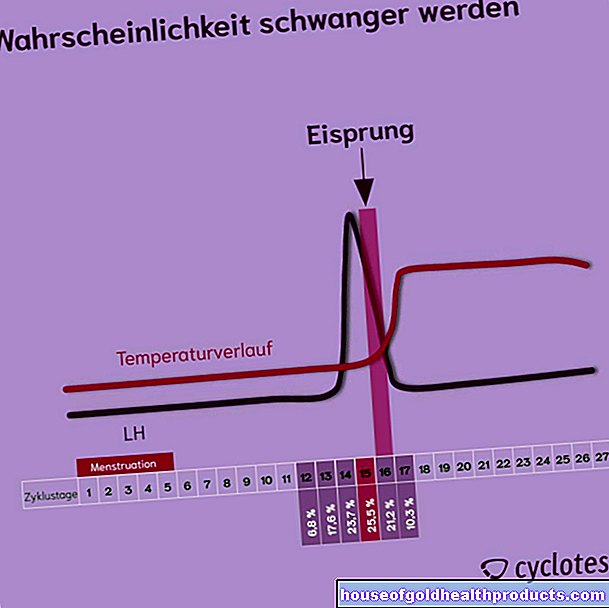Vaccines: What Does "X Percent Effective" Mean?
Updated onChristiane Fux studied journalism and psychology in Hamburg. The experienced medical editor has been writing magazine articles, news and factual texts on all conceivable health topics since 2001. In addition to her work for, Christiane Fux is also active in prose. Her first crime novel was published in 2012, and she also writes, designs and publishes her own crime plays.
More posts by Christiane Fux All content is checked by medical journalists.The effectiveness that the manufacturers certify their vaccines have a wide range. In fact, some protect better than the numbers suggest.

95 percent effectiveness, 80 percent effectiveness - or just 70 percent effectiveness? The information about the newly developed corona vaccines makes many people aware that vaccinations have different effects - and that no vaccination offers 100 percent protection.
In the case of immunizations against flu, measles or polio, little thought has been given to this topic so far - usually only one vaccine is available for this anyway. On the other hand, the efficacies that are certified for the various corona vaccines are now being discussed.
The first ones prefer not to be vaccinated with the "less effective" vaccines from AstraZeneca or Johnson & Johnson. But is the difference really as big as the numbers suggest?
Efficacy against disease
To test the effectiveness of a vaccine, large phase III studies compare how many participants get the disease without and how many despite the vaccine.
For this purpose, some of the study participants receive the vaccine, the rest, for example, only receive a placebo vaccination. Initially, neither the vaccinating doctor nor the test subject himself find out which participant receives what.
If a predetermined number of participants falls ill, this double blinding is lifted. The sick include all participants who developed symptoms, even if it was only a temporary cough. If the proportion of those infected is lower than the number of those who are vaccinated than those who are not, the vaccine is effective.
95 percent effectiveness then means, for example, that the likelihood of getting sick is 95 percent lower for vaccinated people than for unvaccinated people. However, it does not mean that the remaining five percent of those vaccinated will fall ill. Neither do 100 percent of those who have not been vaccinated fall ill.
The information on effectiveness therefore relates to a relative reduction in risk. They show how much lower the risk of disease is for vaccinated people compared to people who are not vaccinated. However, they do not reflect how high the overall risk of disease is for both groups. Because that depends on many other factors, for example how much the virus is currently spreading (incidence) or how at risk the respective person is.
For example, the vaccine from BioNTech / Pfizer, the most widely vaccinated in Germany, looked like this: Of 100 test subjects who developed symptoms, only 5 were vaccinated. The remaining 95 of those infected during the study were unvaccinated (= 95 percent effectiveness).
Complete protection against severe gradients
The decisive factor, however, is how reliably the vaccines prevent severe disease. And this protection was extremely high in the course of the studies for all approved vaccines: No vaccinated participant in the studies was seriously ill with Covid-19 - this applies to the mRNA-vaccinated subjects as well as to those who had received a vector vaccine.
And that is the real good news: Even the less effective vaccines still protect extremely well against severe courses. And that is ultimately the main goal of vaccinations against Sars-CoV-2. However, it is to be expected that this protection will not ultimately fail 100 percent for millions and billions of people vaccinated, but that there could also be individual cases in which people become seriously ill despite vaccination protection.
Effectiveness against contagion
Another form of effectiveness describes how well a vaccine protects not only against the onset of a disease, but also against infection. Medical professionals refer to this as "sterile immunity". If this is guaranteed, it means that as a vaccinated person you cannot infect anyone else.
This is the case with the combination vaccine against mumps, measles and rubella (MMR), for example. It therefore effectively protects not only the vaccinated person, but also those around him and thus enables herd immunity.
According to the current state of knowledge, corona vaccines cannot completely prevent renewed infection, but the likelihood of passing on the virus seems to be significantly reduced in such cases.
Effectiveness against mutants
All viruses mutate continuously - with the flu virus, for example, it happens so quickly and extensively that manufacturers have to mix up a new vaccine every year. This then protects against the most common types of flu virus currently in circulation: Previous and, above all, previous infections with previous flu viruses ensure the body a kind of basic immunity against the diverse pathogens.
For this reason, adults and older children are much less likely to develop influenza than younger children. Because you have come into contact with flu viruses many times in the course of your life. Your immune memory therefore also reacts to new flu viruses, albeit less than to "old friends".
Sars-CoV-2 is also constantly changing - but much more slowly than flu viruses. In addition, most mutations do not play a role in the infection or the effect of the vaccine - they mostly change gene segments of the virus that the vaccine does not target.
However, the vaccines currently available do appear to have lost some of their effectiveness.
But that does not mean that the vaccines do not have any protective effect against the mutants. For example, you can continue to prevent at least severe disease courses. To what extent this is actually the case and how well the vaccines work against the various mutations is still open.
No 100 percent protection against illness and death
Whether original virus or mutants: Even the best vaccines cannot offer 100 percent protection against illness and death. After millions of people around the world were vaccinated against Covid-19, people everywhere who had already been fully vaccinated became seriously ill or died.
This is especially true for older people, who still make up the largest proportion of those vaccinated: their immune system is less powerful than younger people, which is why their immune response may be lower. At the same time, they are the ones who are at the highest risk of dying from infection.
The studies available to date show, however, that the vaccinations also offer a somewhat lower but still excellent protection against the new virus variants. It remains to be seen whether this will also be the case with the expected future virus variants.







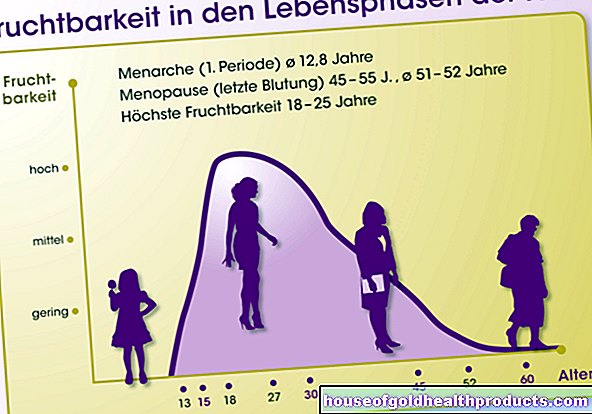
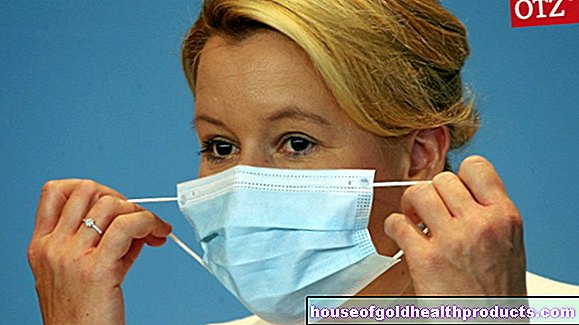
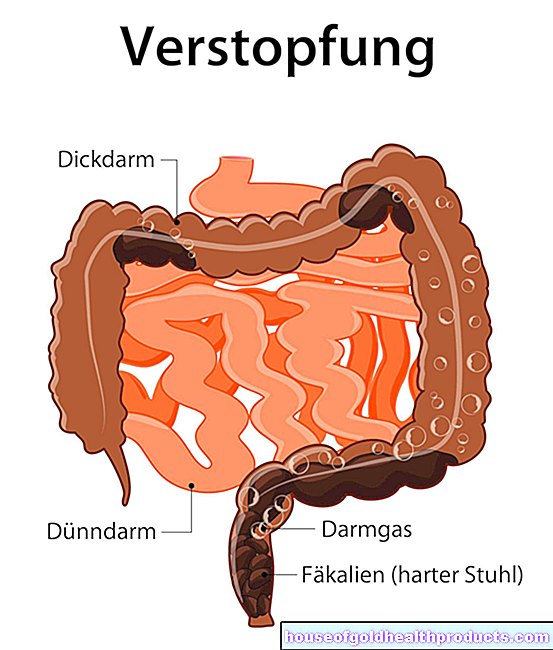

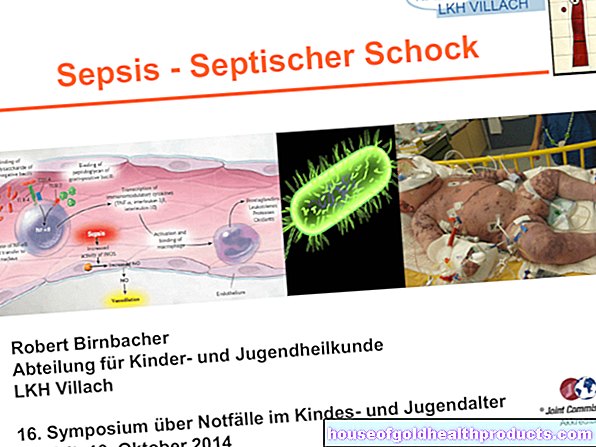

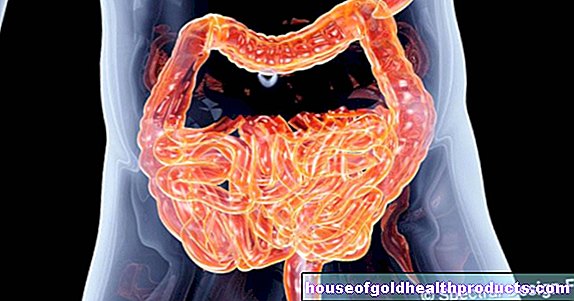
.jpg)



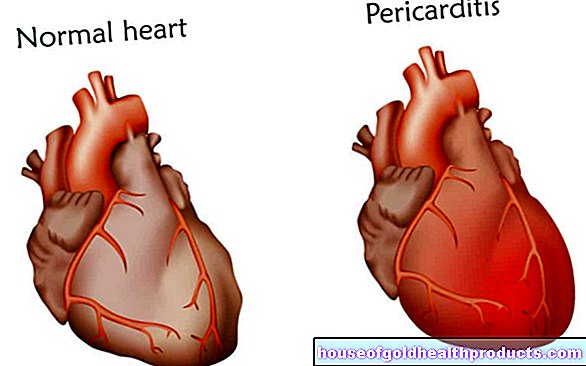

.jpg)

